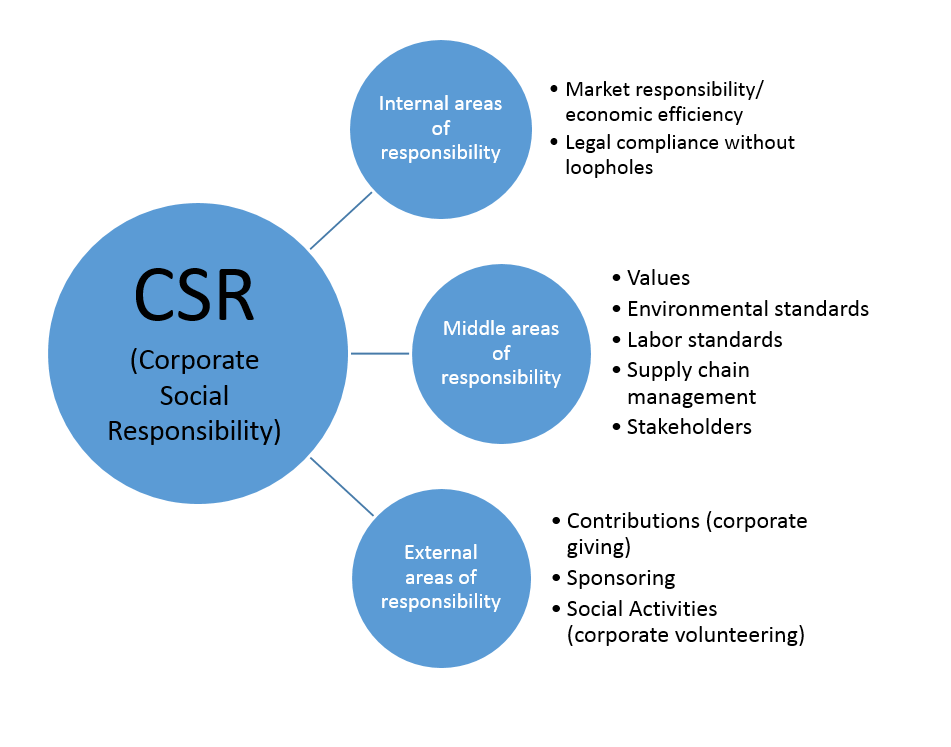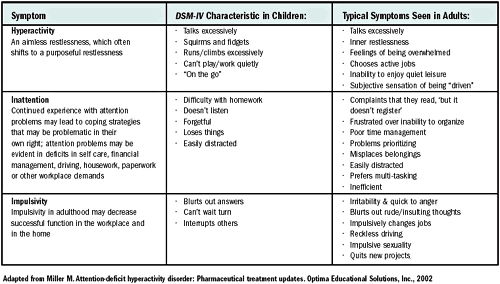Time of grieving
Grief And Bereavement | How Long Is The Grieving Process?
What are grief, mourning, and bereavement?
Grief
Grief is normal, and it is a process. Expressing grief is how a person reacts to the loss of a loved one.
Many people think of grief as a single instance or as a short time of pain or sadness in response to a loss – like the tears shed at a loved one’s funeral. But grieving includes the entire emotional process of coping with a loss, and it can last a long time. The process involves many different emotions, actions, and expressions, all of which help a person come to terms with the loss of a loved one.
We may hear the time of grief being described as "normal grieving," but this simply refers to a process anyone may go through, and none of us experiences grief the same way. This is because grief doesn’t look or feel the same for everyone. And every loss is different.
Mourning
Mourning often goes along with grief. While grief is a personal experience and process, mourning is how grief and loss are shown in public. Mourning may involve religious beliefs or rituals, and may be affected by our ethnic background and cultural customs. The rituals of mourning − seeing friends and family and preparing for the funeral and burial or final physical separation − often give some structure to the grieving process. Sometimes a sense of numbness lasts through these activities, leaving the person feeling as though they are just “going through the motions” of these rituals.
Bereavement
Grief and mourning happen during a period of time called bereavement. Bereavement refers to the time when a person experiences sadness after losing a loved one.
How long does the grieving process last?
Since each person grieves differently, the length and intensity of the emotions people go through varies from person to person. Grieving is painful, and it’s important that those who have suffered a loss be allowed the time they need to express their grief.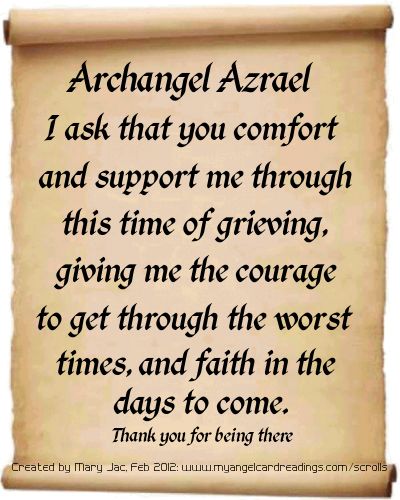
Although grief is described in phases or stages, it may feel more like a roller coaster, with ups and downs. This can make it hard for the bereaved person to feel any sense of progress in dealing with the loss. A person may feel better for a while, only to become sad again. Sometimes, people wonder how long the grieving process will last, and when they can expect some relief. There’s no answer to this question, but some of the factors that affect the intensity and length of grieving are:
- Your relationship with the person who died
- The circumstances of their death
- Your own life experiences
It’s common for the grief process to take a year or longer. A grieving person must resolve the emotional and life changes that come with the death of a loved one. The pain may become less intense, but it’s normal to feel emotionally involved with the deceased for many years. In time, the person should be able to use their emotional energy in other ways and to strengthen other relationships.
Grief can take unexpected forms
Difficult relationships with the deceased prior to death can cause unique grieving experiences for loved ones. In addition, prolonged illnesses can also cause grief to take unexpected forms.
Difficult relationships
A person who had a difficult relationship with the deceased (a parent who was abusive, estranged, or abandoned the family, for example) is often surprised by the painful emotions they have after their death. It’s not uncommon to have profound distress as the bereaved mourns the relationship they had wished for with the person who died, and lets go of any chance of achieving it.
Others might feel relief, while some may wonder why they feel nothing at all at the death of such a person. Regret and guilt are common, too. This is all a normal part of the process of adjusting and letting go.
Grief after long illness
The grief experience may be different when the loss occurs after a long illness rather than suddenly.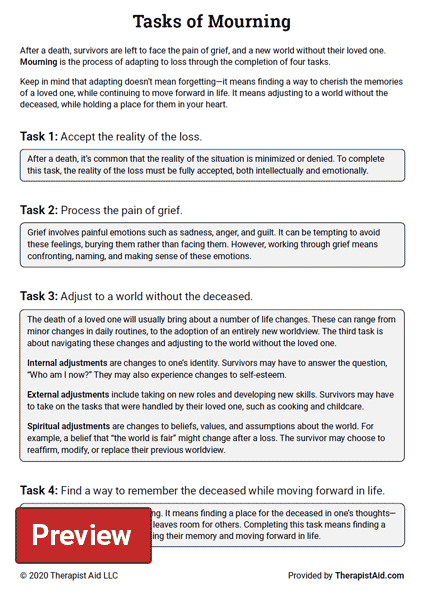 When someone is terminally ill, family, friends, and even the patient might start to grieve in response to the expectation of death. This is a normal response called anticipatory grief. It can help people complete unfinished business and prepare loved ones for the actual loss, but it might not lessen the pain they feel when the person dies.
When someone is terminally ill, family, friends, and even the patient might start to grieve in response to the expectation of death. This is a normal response called anticipatory grief. It can help people complete unfinished business and prepare loved ones for the actual loss, but it might not lessen the pain they feel when the person dies.
Many people think they are prepared for the loss because death is expected. But when their loved one actually dies, it can still be a shock and bring about unexpected feelings of sadness and loss. For most people, the actual death starts the normal grieving process.
Stages of grief
People may go through many different emotional states while grieving. And in advanced cancer, the grieving process and stages often start before the loss of a loved one because of anticipatory grief.
Researchers describe grief in stages, but it's important to know that each person moves through the stages differently and at a different pace. Some may go through the stages just as they are described below, and other people may move back and forth between stages. Some people may get stuck in one stage and have trouble reaching the final stage of the grief process.
Some may go through the stages just as they are described below, and other people may move back and forth between stages. Some people may get stuck in one stage and have trouble reaching the final stage of the grief process.
Experts describe 5 stages that are usually experienced by adults during the grief process.
- Denial and isolation - This first stage may start before the loss occurs if the death of the loved one is expected. Or it may begin immediately at the time or shortly after the loss. It can last anywhere from a few hours to days or weeks. The feelings experienced in the first stage of grief may be fear, shock, or numbness. The person may be have pangs of distress, often triggered by reminders of the deceased. During this time, the bereaved person may feel emotionally “shut off” from the world. The grieving person may avoid others or avoid talking about the loss.
- Anger - The next stage can last for days, weeks, or months.
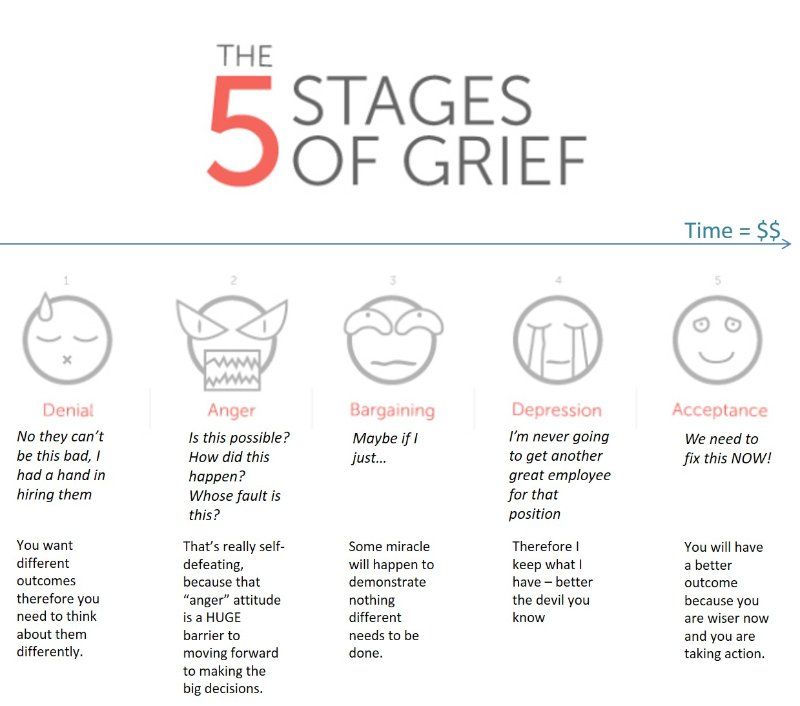 It is when the earliest feelings are replaced by frustration and anxiety. This stage can involve anger, loneliness, or uncertainty. It may be when the feelings of loss are most intense and painful. The person may feel agitated or weak, cry, engage in aimless or disorganized activities, or be preoccupied with thoughts or images of the person they lost.
It is when the earliest feelings are replaced by frustration and anxiety. This stage can involve anger, loneliness, or uncertainty. It may be when the feelings of loss are most intense and painful. The person may feel agitated or weak, cry, engage in aimless or disorganized activities, or be preoccupied with thoughts or images of the person they lost. - Bargaining - This stage is likely to be shorter than others. It happens when a grieving person is struggling to find meaning for the loss of their loved one. They may reach out to others and tell their story. In doing so, they may begin to think more clearly about the changes brought about by the loss of their loved one.
- Depression - As life changes are realized, depression may set in. This stage is used to describe a grieving person who feels overwhelmed and helpless. They may withdraw, become hostile, or express extreme sadness. During this time, grief tends to come in waves of distress.
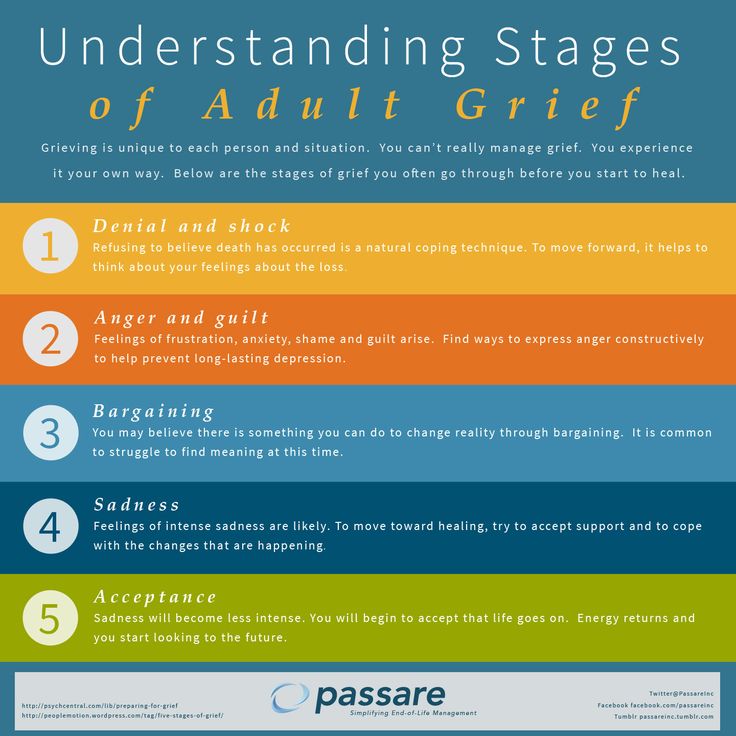
- Acceptance - This last phase of grief happens when people find ways to come to terms with and accept the loss. Usually, the person comes to accept the loss slowly over a few months to a year. This acceptance includes adjusting to daily life without the deceased.
Children grieve, too, but the process may look different from adults. To learn more about this, see Helping Children When a Family Member Has Cancer.
Some or all of the following may be seen in a person who is grieving:
- Socially withdrawing
- Trouble thinking and concentrating
- Becomes restless and anxious at times
- Loss of appetite
- Looks sad
- Feels depressed
- Dreams of the deceased (or even have hallucinations or “visions” in which they briefly hear or see the deceased)
- Loses weight
- Trouble sleeping
- Feels tired or weak
- Becomes preoccupied with death or events surrounding death
- Searches for reasons for the loss (sometimes with results that make no sense to others)
- Dwells on mistakes, real or imagined, that they made with the deceased
- Feels guilty for the loss
- Feels all alone and distant from others
- Expresses anger or envy at seeing others with their loved ones
Reaching the acceptance stage and adjusting to the loss does not mean that all the pain is over.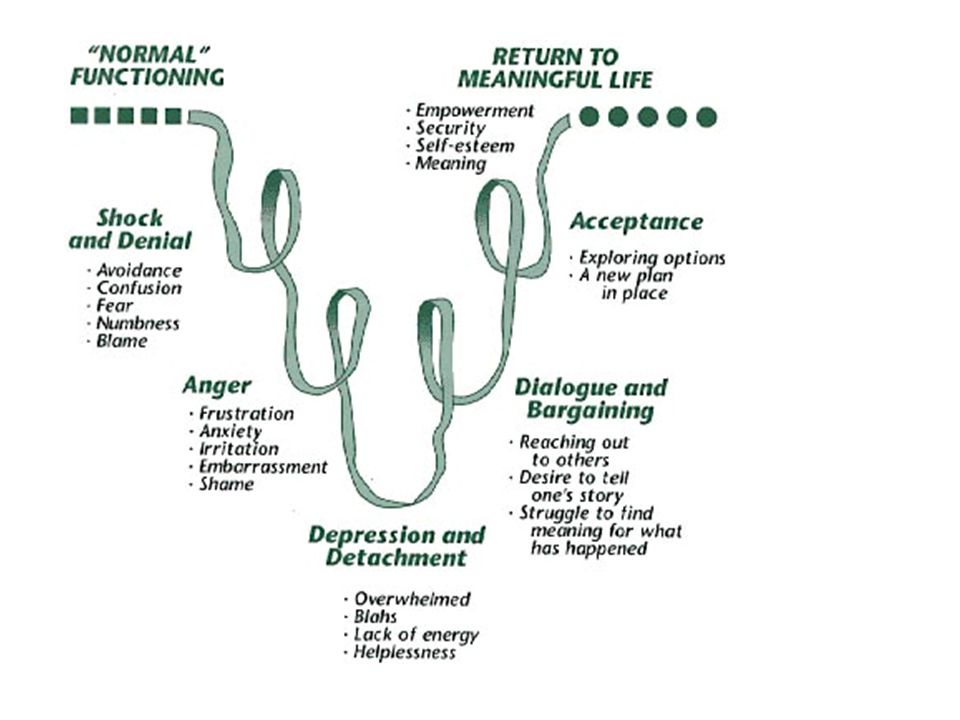 Grieving for someone who was close to you includes losing the future you expected with that person. This must also be mourned. The sense of loss can last for decades. For example, years after a parent dies, the bereaved may be reminded of the parent’s absence at an event they would have been expected to attend. This can bring back strong emotions, and require mourning yet another part of the loss.
Grieving for someone who was close to you includes losing the future you expected with that person. This must also be mourned. The sense of loss can last for decades. For example, years after a parent dies, the bereaved may be reminded of the parent’s absence at an event they would have been expected to attend. This can bring back strong emotions, and require mourning yet another part of the loss.
Physical Symptoms, Effects on Body, Duration of Process
Written by WebMD Editorial Contributors
In this Article
- What Are the Stages of Grief?
- How Long Is Too Long to Mourn?
- Do I Need Professional Help?
Grief is a natural response to losing someone or something that’s important to you. You may feel a variety of emotions, like sadness or loneliness. And you might experience it for a number of different reasons. Maybe a loved one died, a relationship ended, or you lost your job. Other life changes, like chronic illness or a move to a new home, can also lead to grief.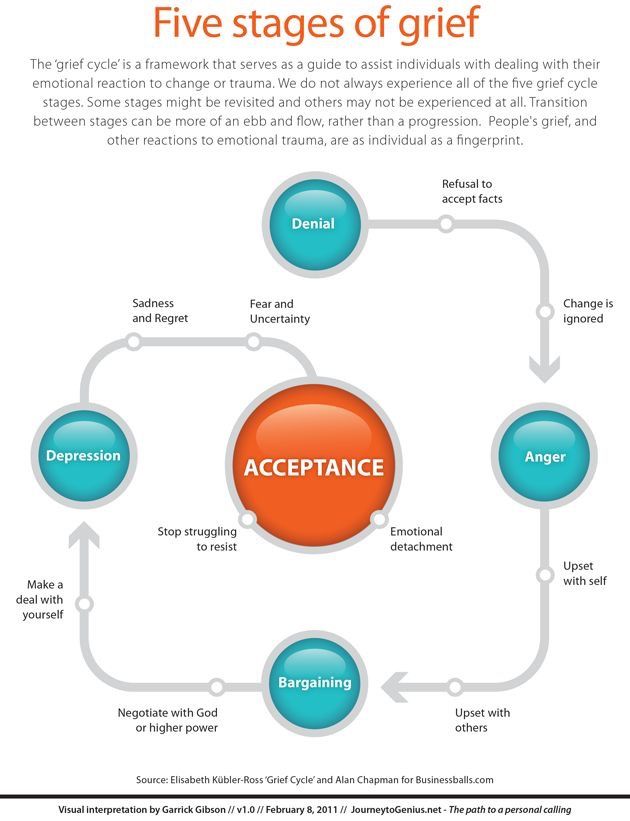
Everyone grieves differently. But if you understand your emotions, take care of yourself, and seek support, you can heal.
What Are the Stages of Grief?
Your feelings may happen in phases as you come to terms with your loss. You can’t control the process, but it’s helpful to know the reasons behind your feelings. All people experience grief differently. Though it it no longer considered the ideal way to think about grief, you may have heard of the stages of grief:
- Denial: When you first learn of a loss, it’s normal to think, “This isn’t happening.” You may feel shocked or numb. This is a temporary way to deal with the rush of overwhelming emotion. It’s a defense mechanism.
- Anger: As reality sets in, you’re faced with the pain of your loss. You may feel frustrated and helpless. These feelings later turn into anger. You might direct it toward other people, a higher power, or life in general. To be angry with a loved one who died and left you alone is natural, too.
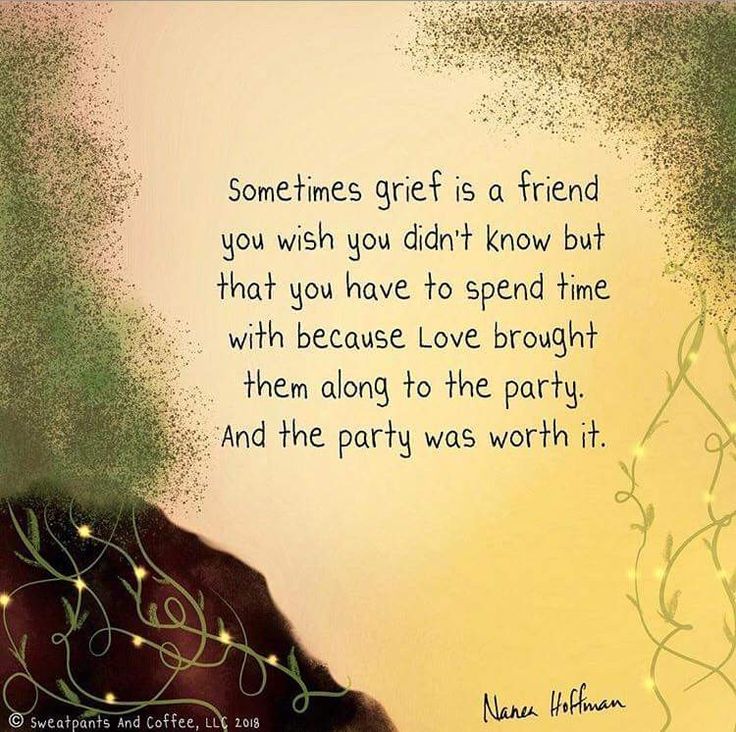
- Bargaining: During this stage, you dwell on what you could’ve done to prevent the loss. Common thoughts are “If only…” and “What if…” You may also try to strike a deal with a higher power.
- Depression: Sadness sets in as you begin to understand the loss and its effect on your life. Signs of depression include crying, sleep issues, and a decreased appetite. You may feel overwhelmed, regretful, and lonely.
- Acceptance: In this final stage of grief, you accept the reality of your loss. It can’t be changed. Although you still feel sad, you’re able to start moving forward with your life.
Every person goes through these phases in their own way. You may go back and forth between them, or skip one or more stages altogether. Reminders of your loss, like the anniversary of a death or a familiar song, can trigger the return of grief.
How Long Is Too Long to Mourn?
There’s no “normal” amount of time to grieve.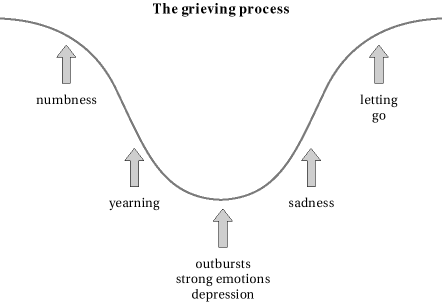 Your grieving process depends on a number of things, like your personality, age, beliefs, and support network. The type of loss is also a factor. For example, chances are you’ll grieve longer and harder over the sudden death of a loved one than, say, the end of a romantic relationship.
Your grieving process depends on a number of things, like your personality, age, beliefs, and support network. The type of loss is also a factor. For example, chances are you’ll grieve longer and harder over the sudden death of a loved one than, say, the end of a romantic relationship.
With time, the sadness eases. You’ll be able to feel happiness and joy along with grief. You’ll be able to return to your daily life.
Do I Need Professional Help?
In some cases, grief doesn’t get better. You may not be able to accept the loss. Doctors call this “complicated grief.” Talk to your doctor if you have any of the following:
- Trouble keeping up your normal routine, like going to work and cleaning the house
- Feelings of depression
- Thoughts that life isn’t worth living, or of harming yourself
- Any inability to stop blaming yourself
A therapist can help you explore your emotions. They can also teach you coping skills and help you manage your grief.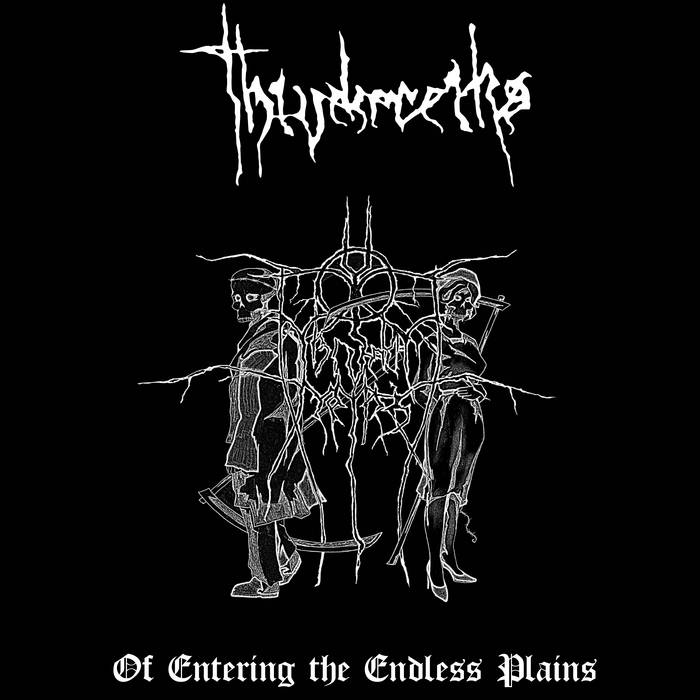 If you’re depressed, a doctor may be able to prescribe medicines to help you feel better.
If you’re depressed, a doctor may be able to prescribe medicines to help you feel better.
When you’re in deep, emotional pain, it can be tempting to try to numb your feelings with drugs, alcohol, food, or even work. But be careful. These are temporary escapes that won’t make you heal faster or feel better in the long run. In fact, they can lead to addiction, depression, anxiety, or even an emotional breakdown.
Instead, try these things to help you come to terms with your loss and begin to heal:
- Give yourself time. Accept your feelings and know that grieving is a process.
- Talk to others. Spend time with friends and family. Don’t isolate yourself.
- Take care of yourself. Exercise regularly, eat well, and get enough sleep to stay healthy and energized.
- Return to your hobbies. Get back to the activities that bring you joy.
- Join a support group. Speak with others who are also grieving.
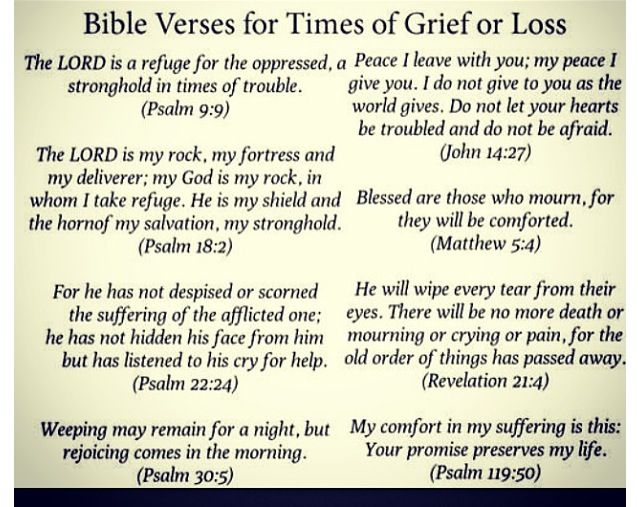 It can help you feel more connected.
It can help you feel more connected.
Great Tribulation | Russian
Russian language Bible study on
The Great Tribulation
Scribe’s quill used to write Hebrew Scrolls. This quill was used to write part of a Torah Scroll in Dallas, Texas
and alive; and was dead, and behold, alive forever and ever, amen; and have the keys of hell and death. So write what you saw, and what is, and what will happen after this. Revelation 1:18-19
The seven year Tribulation started the 70th week of Daniel as seen in Daniel chapter 9. Verse 27 of Daniel is where the 70th week is found. The middle of this week is the middle of the Tribulation called the “Great Tribulation”.
The word “week” as seen in the English Bible is the Hebrew word ewbs which means (seven, period of seven).
The photograph below was taken from a Scroll of Daniel that was added to The Scriptorium collection around 2007.
Revelation 11:1 And there was given me a reed like a rod, and it was said, Arise, and measure the temple of God, and the altar, and them that worship in it.
Measuring rod
Measuring rods are mentioned many times in the Bible.
A measuring rod and line are seen in a vision of the Lord in
Ezekiel 40:2-3 In visions of God He brought me to the land of Israel and placed me on a very high mountain, and on it, on the south side, there were, as it were, city buildings; and brought me there. And behold a man, whose appearance was as it were the appearance of shining copper, and a line of linen in his hand, and a reed of measurement, and he stood at the gate.
The Tablet of Shamash recovered from the ancient Babylonian city of Sippar and dated to the 9th century BC shows Shamash, the Sun God awarding the measuring rod and coiled rope to newly trained surveyors.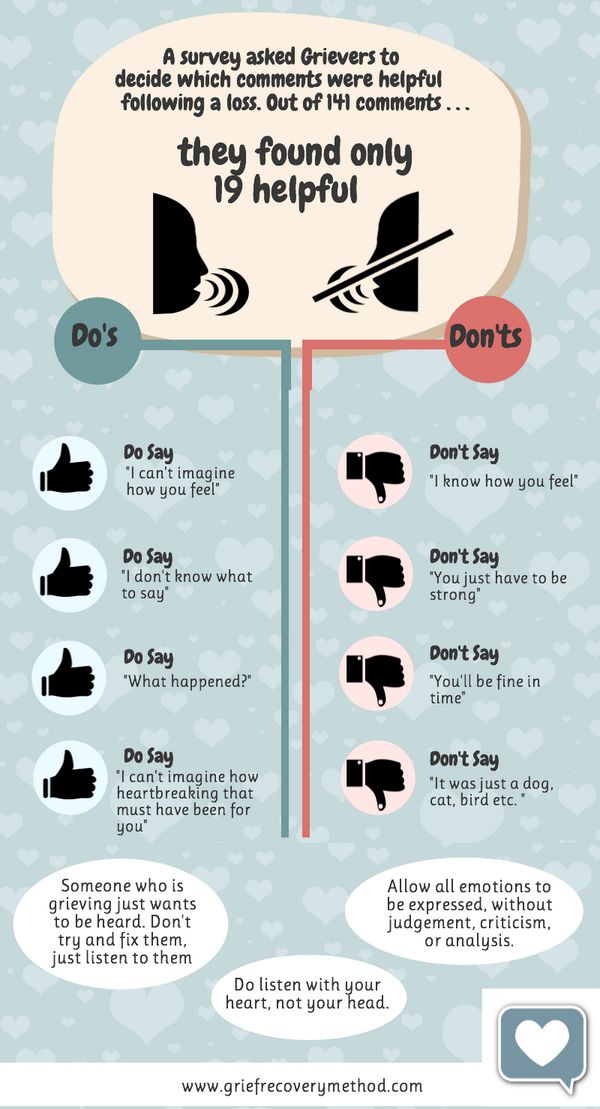
Ashur 5 measuring rod The sun-god Shamash holding a ring of coiled rope and a rod
A similar scene with measuring rod and coiled rope in the Louvre, Paris, dating to ca. 1700 B.C.
Measuring rod and coiled rope depicted in the Code of Hammarubi Milkau_Oberer_Teil_der_Stele_
The “measuring rod” or tally stick is common. The most elaborate depiction is found on the Ur-Nammu Stela, where the winding of the cords has been detailed by the sculptor.
Stela_of_Ur-Nammu_detail Ur-Nammu-stela showing detail of rod, ring and beaded measuring flailsdqmh tyb
The Bible clearly shows that there will be a temple for the Jews in Jerusalem during the Great Tribulation.
Sacrifices will be made in the temple: Daniel 9:27 And the covenant will be established for many for one week, and in the middle of the week the sacrifice and offering will cease, … no way: for that day will not come until the apostasy first comes and the man of sin is revealed, the son of perdition, who resists and exalts himself above everything that is called God or holiness, so that in the temple of God he sits as God, posing as God. nine0008
nine0008
Where will the Temple be built?
He must be on Mount Moriah in Jerusalem. These are the places where Abraham was going to sacrifice his son Isaac to the Lord. The mountain is located on the northernmost part of the Old City of David. It was the only place in the City of David that was not protected by a steep ravine.
Topography of the ancient City of Salem where Melchizedek lived in close relation with Mt. Moriah where Abraham offered his son Isaac. Topography of the ancient City of Salem where Melchizedek lived in close relation with Mt. Moriah where Abraham offered his son Isaac. nine0002The Jewish Temple is likely to be built within the perimeter of the numbers 1 to 5 on this modern map.
This is the Temple that John was told to measure. He was told to leave and not measure the court around the temple, because this place was given to the Gentiles for the remaining “times of the Gentiles”, which will end at the end of the 70th week of Daniel.
Revelation 11:1-2 And a reed like a rod was given to me, and it was said, Arise, and measure the temple of God, and the altar, and them that worship in it. nine0044 But exclude the outer court of the temple and do not measure it, for it was given to the Gentiles: they will trample the holy city for forty-two months.
42 months 3 1/2 years,
time left for the Tribulation
A very important question to ask about the Tribulation: The Tribulation is over.
The "Times of the Gentiles" began when Israel lost control of Jerusalem to Babylon and will end when the Messiah regains control of the city at the end of the Tribulation. nine0008
Daniel 2:37-38, 35 (Nebuchadnezzar) You are the king, the king of kings, to whom the God of heaven has given kingdom, dominion, power and glory, and all the sons of men, wherever they live, the beasts of the earth and the birds of the air He has given into your hands and made you ruler over them all. You are the head of gold! ... 35 Then everything was crushed together: iron , clay , copper , silver and gold became like dust on the summer threshing floors, and the wind carried them away, and no trace was left of them; but the stone that broke the image became a great mountain and filled the whole earth. nine0003 the beast that ascends out of the bottomless pit shall make war against them, and shall overcome them, and kill them
You are the head of gold! ... 35 Then everything was crushed together: iron , clay , copper , silver and gold became like dust on the summer threshing floors, and the wind carried them away, and no trace was left of them; but the stone that broke the image became a great mountain and filled the whole earth. nine0003 the beast that ascends out of the bottomless pit shall make war against them, and shall overcome them, and kill them
The Two Witnesses prophesy 1260 days,
that is, three and a half years.
They begin their testimony at the beginning of the Tribulation and will be killed in the middle of the Tribulation.
The Two Witnesses of the Tribulation start their witness at the beginning of the Tribulation. That time period is also called the “Time of Jacob's Trouble. nine0037 Who are these two witnesses. No one knows but God.
We can guess, but the answer may or may not be correct.
The Bible speaks of these two in Zechariah 4:1-14.
Zechariah 4:1-14 (12-14) A second time I began to speak and said to him, What are the two olive branches that pour out gold through two golden tubes? And he said to me: You don't know what it is? I answered: I do not know, my lord. And he said, These are the two anointed with oil, standing before the Lord of all the earth. nine0008
ואען שׁנית ואמר אליו מה שׁתי שׁבלי הזיתים אשׁר ביד שׁני צנתרות הזהב המריקים מעליהם הזהב
ויאמר אלי לאמר הלוא ידעת מה אלה ואמר לא אדני
ויאמר אלה שׁני בני היצהר העמדים על אדון כל הארץ
Copyright: Art Pat M. Smith , copyright 1992 revelationillustrated.com The two witnesses of the Tribulation
The second woe is past;
behold, the third woe is coming soon.
Revelation 11:14
The seventh Trumpet of the Tribulation sounds.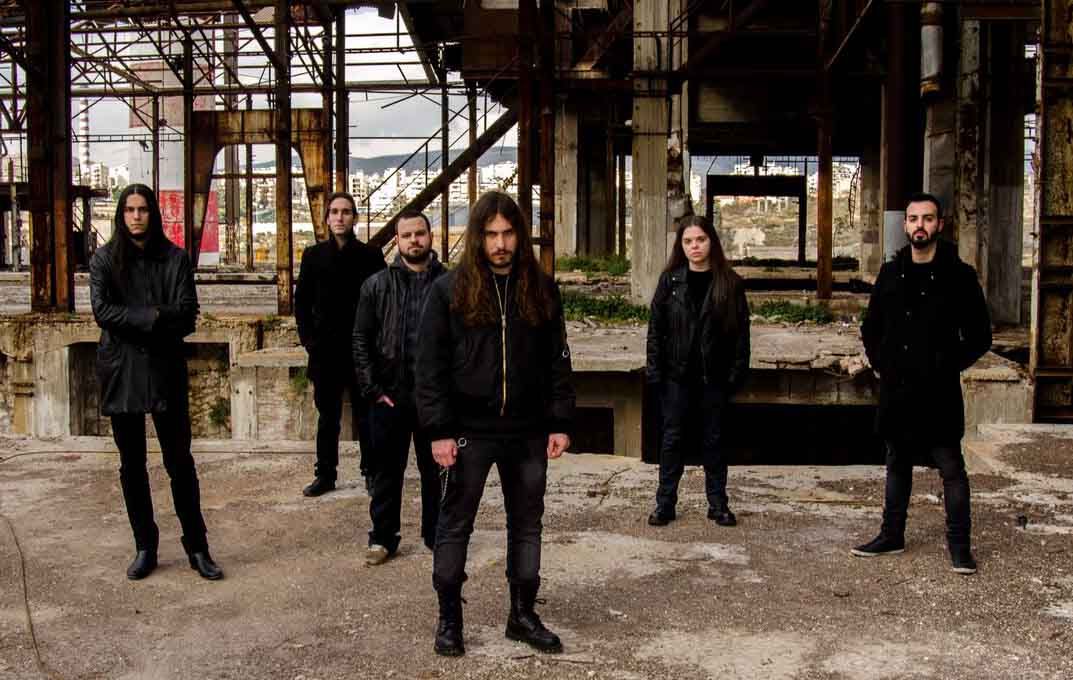 nine0002 Revelation 11:15 And the seventh angel blew his trumpet, and there were loud voices in heaven, saying, The kingdom of the world has become the kingdom of our Lord and of His Christ, and shall reign forever and ever.
nine0002 Revelation 11:15 And the seventh angel blew his trumpet, and there were loud voices in heaven, saying, The kingdom of the world has become the kingdom of our Lord and of His Christ, and shall reign forever and ever. Explanation of redemption through the seed of the woman, the seed of Abraham shown as a prophecy in Genesis 3:14-15, was fulfilled. And the Lord God said to the serpent: Because you have done this, you are cursed above all the cattle and above all the beasts of the field; you will walk on your belly, and you will eat dust all the days of your life; and I will put enmity between you and the woman, and between your seed and her seed; nine0003 it will hit you in the head, and you will sting it in the heel.
ויאמר יהוה אלהים אל הנחשׁ כי עשׂית זאת ארור אתה מכל הבהמה ומכל חית השׂדה על גחנך תלך ועפר תאכל כל ימי חייך
ואיבה אשׁית בינך ובין האשׁה ובין זרעך ובין זרעה הוא ישׁופך ראשׁ ואתה תשׁופנו עקב
 com Revelation chapter 12 teaches God's plan from Creation to the Kingdom of God.
com Revelation chapter 12 teaches God's plan from Creation to the Kingdom of God. Revelation 12:1-6 And a great sign appeared in heaven: a woman clothed with the sun; under her feet is the moon, and on her head is a crown of twelve stars. nine0044 She was pregnant and screamed in pain and birth pains. And another sign appeared in heaven: behold, a great red dragon with seven heads and ten horns, and on his heads were seven diadems. His tail carried away a third of the stars from the sky and threw them to the ground. This dragon stood before the woman who was about to give birth, so that when she gave birth, he would devour her baby. And she gave birth to a male child, who is to rule all nations with a rod of iron; and her child was caught up to God and to His throne. nine0044 And the woman fled into the wilderness, where a place had been prepared for her by God, to be fed there a thousand two hundred and sixty days.
Two hundred and sixty days
1260 days 42 months
Which at 3 1/2 years old
Last 3 and a half years of great sorrow
The Children OF ISRAEL FLEING ISTO THE WILDERNESS WILDERNESS WILDERNESS the Abomination of Desolation to the return of The Messiah the Lord Jesus.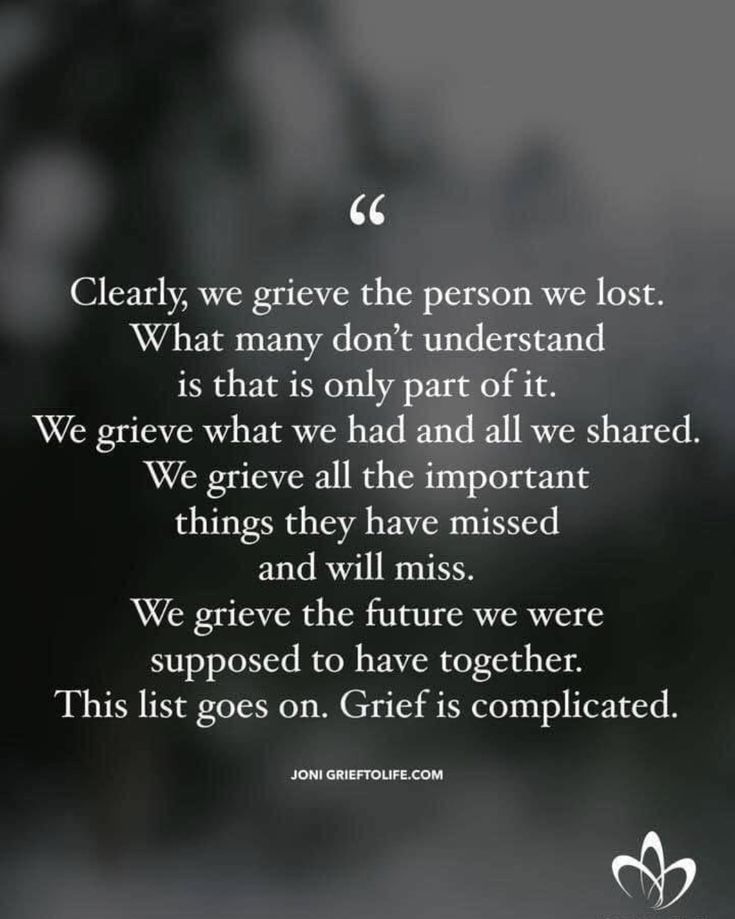 nine0008
nine0008
Some Bible Prophecy teachers say the Jewish people will flee to Petra. They might, but I think they will probably flee back to the Mountain of God where 3,500 years ago God gave them his Word. There He gave them water from the Rock to drink and manna to eat. God is preparing them to accept His Only Begotten Son, Jesus who is The Messiah and redeemed us unto Himself.
Exodus 16:15 And the children of Israel saw, and said to one another, What is this? Because they didn't know what it was. And Moses said to them, This is the bread that the Lord has given you to eat; nine0008
Exodus 16:31 And the house of Israel called the name of that bread: manna; she was like a coriander seed, white, and tasted like a cake with honey.
Psalm 77:24-25 and rained down on them manna for food, and gave them bread from heaven. Man ate angelic bread; He sent them food until they were full.
וימטר ωeptionם מן לאכל וinous במים למו
לח אבירים אכיmy content שׁלח להם לשׂבω
Rigan 12: 7-9 and the war of his warfare was against the sky.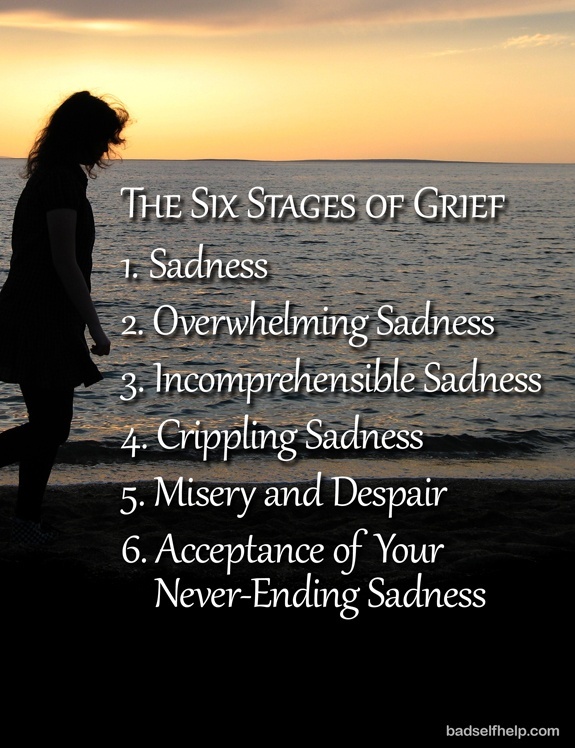 they fought against them, but they did not stand, and there was no longer a place for them in heaven. And the great dragon was cast out, the ancient serpent, called the devil and Satan, who deceives the whole world; he was cast out to the earth, and his angels were cast out with him. nine0008
they fought against them, but they did not stand, and there was no longer a place for them in heaven. And the great dragon was cast out, the ancient serpent, called the devil and Satan, who deceives the whole world; he was cast out to the earth, and his angels were cast out with him. nine0008
Angels at War
Copyright: Art Pat M. Smith, copyright 1992 revelationillustrated.com And there was war in heaven: Michael and his angels fought against the dragon;The Word of God gives us examples where there is Spiritual warfare that we cannot see.
21st day of the battle
Daniel 12:5-13 and lifted up my eyes and saw: nine0003 His body is like a topaz, his face is like a kind of lightning; his eyes are like burning lamps, his hands and feet are like shining bronze, and the voice of his speech is like the voice of a multitude. And only I, Daniel, saw this vision, and the people who were with me did not see this vision; but a strong fear fell upon them, and they ran away to hide. And I was left alone and looked at this great vision, but there was no fortress left in me, and the appearance of my face changed tremendously, there was no cheerfulness in me. And I heard the voice of his words; and as soon as I heard the voice of his words, in a daze I fell on my face and lay face down on the ground. But behold, a hand touched me and placed me on my knees and on the hands of my hands. And he said to me: “Daniel, man of desires! listen to the words that I will say to you, and stand right on your feet; for I have been sent to you today.” When he said these words to me, I stood up trembling. But he said to me: “Don't be afraid, Daniel; from the first day you set your heart to understand and humble you before your God, your words have been heard, and I would have come according to your words. nineAnd there was a war in heaven: Michael and his angels fought against the dragon, and the dragon and his angels fought against them, but they did not stand, and there was no longer a place for them in heaven.
And I was left alone and looked at this great vision, but there was no fortress left in me, and the appearance of my face changed tremendously, there was no cheerfulness in me. And I heard the voice of his words; and as soon as I heard the voice of his words, in a daze I fell on my face and lay face down on the ground. But behold, a hand touched me and placed me on my knees and on the hands of my hands. And he said to me: “Daniel, man of desires! listen to the words that I will say to you, and stand right on your feet; for I have been sent to you today.” When he said these words to me, I stood up trembling. But he said to me: “Don't be afraid, Daniel; from the first day you set your heart to understand and humble you before your God, your words have been heard, and I would have come according to your words. nineAnd there was a war in heaven: Michael and his angels fought against the dragon, and the dragon and his angels fought against them, but they did not stand, and there was no longer a place for them in heaven. And the great dragon was cast out, the ancient serpent, called the devil and Satan, who deceives the whole world; he was cast out to the earth, and his angels were cast out with him.
And the great dragon was cast out, the ancient serpent, called the devil and Satan, who deceives the whole world; he was cast out to the earth, and his angels were cast out with him.
Revelation 12:10-11 And I heard a loud voice saying in heaven, Now is come salvation and power and the kingdom of our God and the power of His Christ, because the accuser of our brethren is cast down, who accuses them before our God day and night. They overcame him by the blood of the Lamb and by the word of their testimony, and did not love their souls even unto death. nine0008 Satan will be cast out of Heaven to Earth and he has great wrath because he knows he will have a short time left.
The Bible says the devil is like a roaring lion, a ferocious dragon.
Woe to those who live on land and on the sea!
because the devil has come down to you in great rage, knowing that he has little time left.
When Satan comes to Earth, you better not be here.Preparation for the Final Crisis / [13 of 18]
Work of Deception : Spiritualism
The Great Tribulation
The only reason to separate this topic into a separate chapter is to help readers not be confused about the expression: "Time of Tribulation". In the writings of Ellen White, the phrase "time of tribulation" applies to two periods of time, sharply different in their characteristics, although both of these periods bring universal sorrow to the world.
In the writings of Ellen White, the phrase "time of tribulation" applies to two periods of time, sharply different in their characteristics, although both of these periods bring universal sorrow to the world.
A. Beginning of the Time of Tribulation
This is a short time before the end of the blessed time. Jesus Christ refers to this period in His prophetic sermon when He says: "And there will be signs ... but there will be despondency on the earth. peoples and bewilderment; and the sea will make a noise and rage; people will die of fear and expectation of disasters coming to the world, for the powers of heaven will be shaken." / Luke 21, 25-26. / nine0008
This period will be marked by wars, earthquakes, plagues, false prophets, increased immorality, general fear, and the preaching of the everlasting gospel throughout the world.
This period will end with the pronouncement of the decree recorded in Revelation 22:11; or, one might say, will move into a period of great tribulation.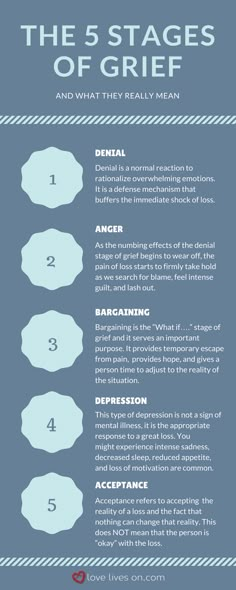 At the time of this decree test time is over. The door of grace will close.
At the time of this decree test time is over. The door of grace will close.
B. Time of Tribulation
This time, which follows the end of the time of grace, ends with the appearance of Christ on the clouds of heaven at His Second Coming.
For the sake of an easy and logical distinction between these two periods, and without any possible misunderstanding, we shall define them as follows:
1. The first period is the beginning of the tribulation time.
2. The second period is the time of tribulation.
In this regard, we will quote three passages from the writings of Ellen White, in which she refers to the beginning of the time of trouble and makes a distinction between these two periods:
"I saw that God has children who do not understand the meaning of the Sabbath and do not keep it, but at the same time do not reject it. At the beginning of the tribulation period, we will be filled with the Holy Spirit and let us proclaim the holy Sabbath even more fully. .. I have seen the sword, famine, pestilence and great confusion among the people."/RP, 33-34./
.. I have seen the sword, famine, pestilence and great confusion among the people."/RP, 33-34./
The "beginning of the time of trouble" referred to here does not refer to the period when the plagues begin to pour out, but to a short period of time, shortly before them, when Christ was still will be in the Heavenly Sanctuary."/RP.85./ nine0008
"At the time when the work of salvation will be completed, tribulation will come to the earth; the nations will be furious, but they will be restrained, so as not to interfere with the work of a third of it angel."/RP.85-86./
This third excerpt from the Spirit of Prophecy highlights the conditions that will prevail on earth as the work of salvation comes to an end.
Note that this state of affliction corresponds exactly to the words of Christ's prophecy.
In the meantime, the nations will be filled with anger more and more. nine0008
And this is exactly what is happening today.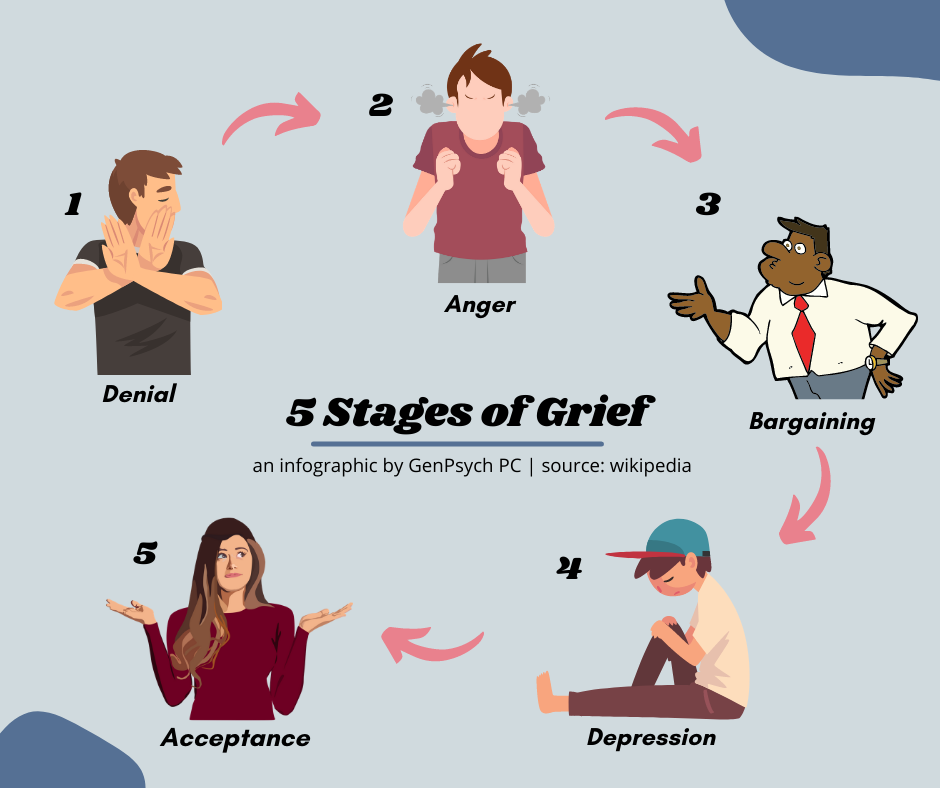 The peoples are angry. Dissent among the most powerful countries in the world, the selfish desire of some of them for world domination - annually increases military budgets, strengthening the armies and significantly increasing the growth in the quantity and quality of the destructive power of weapons throughout the world.
The peoples are angry. Dissent among the most powerful countries in the world, the selfish desire of some of them for world domination - annually increases military budgets, strengthening the armies and significantly increasing the growth in the quantity and quality of the destructive power of weapons throughout the world.
One war follows another. Those who fight for peace meet crisis after crisis without effective means to prevent conflicts. nine0008
Fantastic stockpiles of nuclear bombs and ICBMs of enormous destructive power and the tragic possibility that humanity could be in ruins subsequent nuclear war - created an atmosphere of hopeless fear and desperate anxiety.
Not only the political leaders of the world, but equally the military, scientists (and all the people of the world in general) are aware that at any moment the whole earth can be destroyed.
Human hearts are full of sorrow, hunger disturbs all mankind.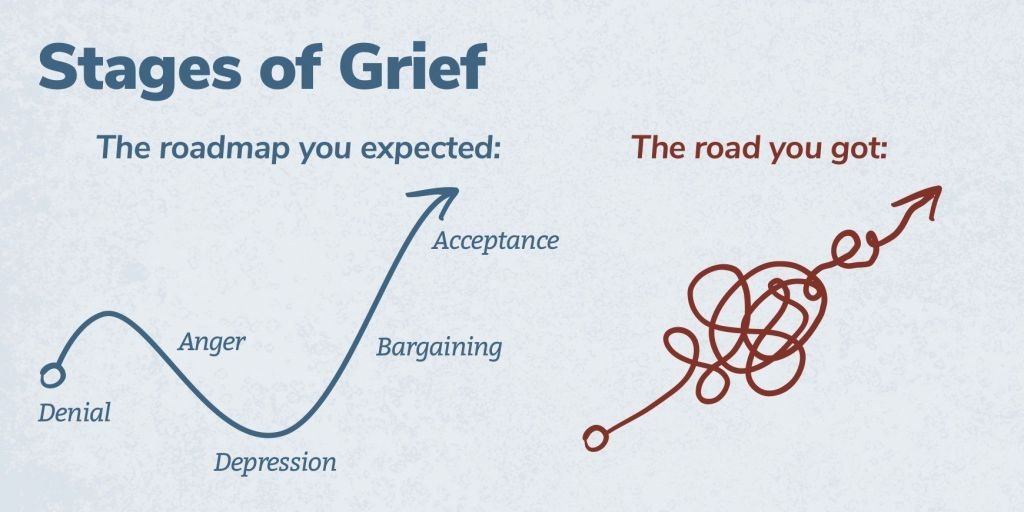 Social disturbances, struggles, racial uprisings constitute further proof that feelings of apprehension and fear prevails among mankind. Fear and despair have become the main indicators of the state of society. In universities, at enterprises, on the streets of big cities, unrest. The youth have lost their bearings. nine0008
Social disturbances, struggles, racial uprisings constitute further proof that feelings of apprehension and fear prevails among mankind. Fear and despair have become the main indicators of the state of society. In universities, at enterprises, on the streets of big cities, unrest. The youth have lost their bearings. nine0008
Crimes are on the rise to such horrendous proportions that worried authorities cannot control them. This question worries parents who can lose a member at any time his family by kidnapping his child. This question worries young women who may become victims of violence. This question is of concern to all people in society, whose safety is not can be guaranteed. Statistics show an increase in the number of crimes. Even the air we breathe is filled with crime. They lie in wait for modern man at every step. nine0008
Other undeniable signs of an increase in mourning are the steady increase in the number of suicides, mental illness and mental disorders.




